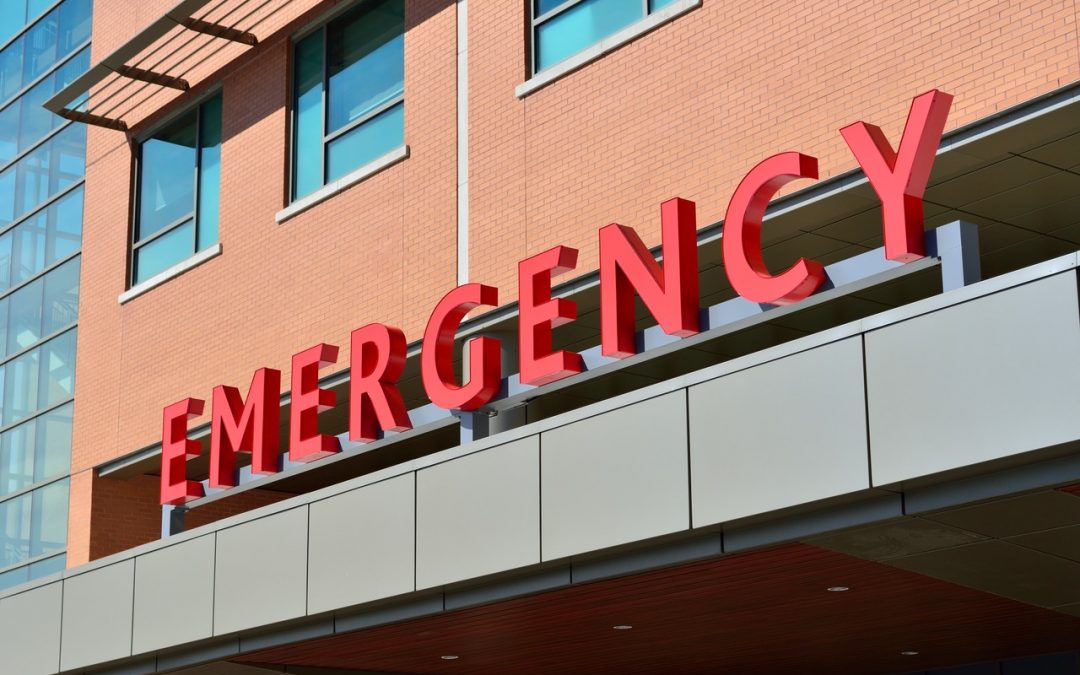According to the National Alliance on Mental Illness, one in five Americans will experience mental illness each year. Whether you are currently dealing with a mental illness or not, it’s always a good idea to to have a plan for how to deal with a crisis situation.
Meet With a Psychologist Before a Crisis
Since mental illness doesn’t typically come about without warning, if you are having trouble dealing with problems in your life, struggle with anxiety, or just feel off emotionally, think about making an appointment with a doctor. It’s always a better idea to be proactive with your mental health before it reaches a crisis level.
Talk to Your Primary Care Doctor
If you are struggling but it’s not an emergency, it’s recommended that you first speak to your primary care physician. Your primary care doctor is someone who knows you and your medical history and will be able to recommend you to a psychologist that would work for you. Your doctor is well informed about mental health professionals in the area and should be able to make an excellent referral for you.
Research What Is Happening To Your Body
Reading up on the mental health condition that is affecting your wellbeing can be both educational and empowering. While this should not be considered a diagnosis by any means, if you go into a doctor’s appointment with an idea about what might be causing your mental health condition, it can help you articulate your symptoms and come into the office prepared and more comfortable.
If it’s a Real Emergency, Don’t Hesitate
A mental health emergency is categorized as being a time when yourself or others are in immediate danger, and this should not be understated during a time of crisis. Feeling out of control of your emotions or having thoughts about hurting yourself or committing suicide is considered to be an emergency. If you are around someone who is threatening to hurt themselves or others, contact the closest emergency room as soon as possible.
Call a Hotline
If it’s not an absolute emergency, a hotline can be an excellent resource as you are able to speak to a crisis worker that has been trained in suicide prevention. The professionals you talk to on the other line can help you with referrals with a psychologist who takes your insurance provider.

